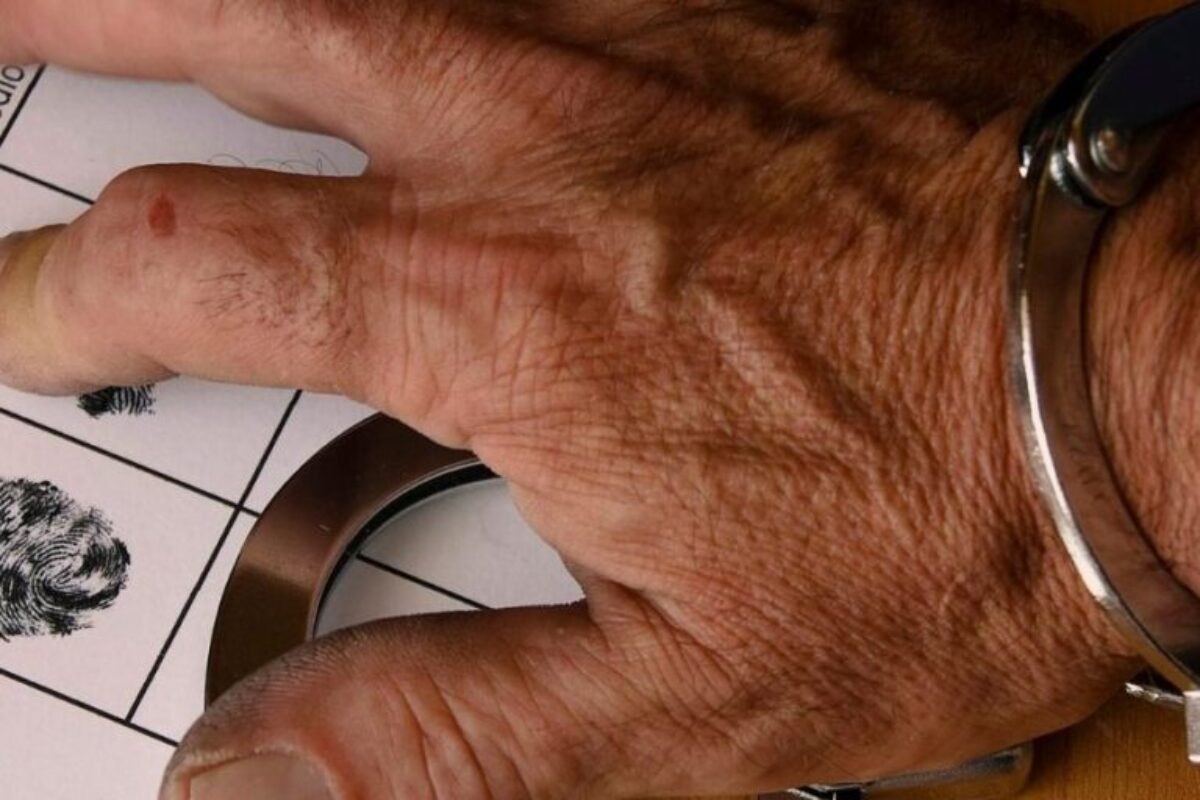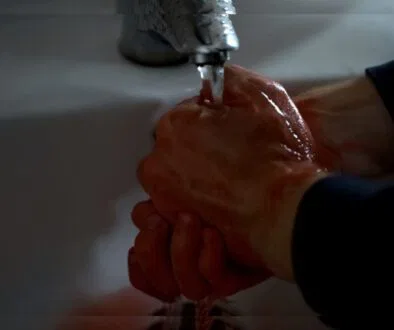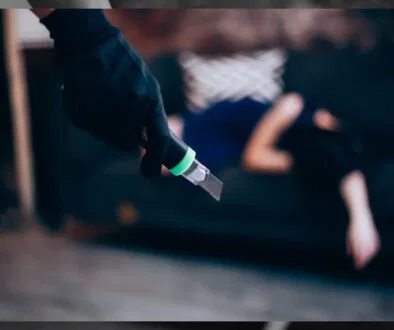Penal Code 1192.7: What’s a Serious Felony in California?

Each state has different laws when dealing with crimes. In California, some felony offenses can have serious consequences. And if your crime violates any of the provisions in Penal Code 1192.7, a simple misdemeanor could earn you a life sentence.
What is Penal Code 1192.7?
California’s Penal Code 1192.7 provides that certain crimes are automatically considered strike offenses. This usually applies to serious felony charges. Though simple misdemeanors may also count as a strike offense depending on the aggravating circumstances.
But why the need to differentiate these crimes?
This differentiation matters because, under California’s three-strikes law, the more strike offenses you commit, the longer your prison term will be.
For instance, if you are convicted of a strike offense and have had a prior conviction for a serious felony, your prison term will be doubled. And if you are convicted of a strike offense for the third time, expect a sentence of at least 25 years to life.
In short, even if you’re only charged with a misdemeanor offense, you could still end up in prison for life if you’ve had prior convictions for serious felony.
Serious Felony Crimes Under Penal Code 1192.7
Not all felony charges are considered a “strike offense”. Penal Code 1192.7 specifically mentions the following crimes as serious felony and shall be treated as a strike offense:
- murder or voluntary manslaughter;
- attempted murder;
- arson;
- mayhem;
- rape;
- commission of rape or sexual penetration in concert with another person, in violation of Section 264.1
- kidnapping;
- carjacking;
- sodomy by force, violence, duress, menace, the threat of great bodily injury, or fear of immediate and unlawful bodily injury on the victim or another person;
- oral copulation by force, violence, duress, menace, threat of great bodily injury, or fear of immediate and unlawful bodily injury on the victim or another person;
- lewd or lascivious acts on a child below 14 years old;
- any burglary of the first degree;
- robbery or bank robbery;
- any felony (attempted or otherwise) punishable by death or life imprisonment in a state prison;
- any felony in which the defendant personally inflicts great bodily injury on any person, other than an accomplice;
- any felony in which the defendant personally uses a firearm;
- exploding a destructive device or any explosive with intent to injure;
- exploding a destructive device or any explosive with intent to murder;
- exploding a destructive device or any explosive causing bodily harm, great bodily injury or mayhem;
- assault with intent to commit rape or robbery;
- assault with a deadly weapon or instrument on a peace officer, public transit employee, custodial officer, or school employee, in violation of Sections 245.2, 245.3, or 245.5
- assault with a deadly weapon, firearm, machinegun, assault weapon, or semiautomatic firearm or assault on a peace officer or firefighter, in violation of Section 245;
- assault by a life prisoner on a non-inmate;
- assault with a deadly weapon by an inmate;
- assault with the intent to commit mayhem, rape, sodomy, or oral copulation, in violation of Section 220
- hostage-taking by an inmate in a state prison;
- selling, furnishing, administering, giving, or offering to sell, furnish, administer, or give to a minor any heroin, cocaine, phencyclidine (PCP), or any methamphetamine-related drug, as described in paragraph (2) of subdivision (d) of Section 11055 of the Health and Safety Code, or any of the precursors of methamphetamines, as described in subparagraph (A) of paragraph (1) of subdivision (f) of Section 11055 or subdivision (a) of Section 11100 of the Health and Safety Code;
- any felony offense, which would also constitute a felony violation of Section 186.22;
- grand theft involving a firearm;
- throwing acid or flammable substances, in violation of Section 244;
- discharge of a firearm at an inhabited dwelling, vehicle, or aircraft, in violation of Section 246
- shooting from a vehicle, in violation of subdivision (c) or (d) of Section 12034
- continuous sexual abuse of a child, in violation of Section 288.5;
- intimidation of victims or witnesses, in violation of Section 136.1;
- criminal threats, in violation of Section 422;
- attempts or conspiracy to commit any crime stated above aside from assault;
- any felony in which the defendant personally used a dangerous or deadly weapon;
- any violation of subdivision (a) of Section 289 where the act is accomplished against the victim’s will by force, violence, duress, menace, or fear of immediate and unlawful bodily injury on the victim or another person;
- any violation of Section 12022.53;
- a violation of subdivision (b) or (c) of Section 11418;
- any conspiracy to commit an offense described in this subdivision;
What Are Aggravating Circumstances?
In legal terms, aggravating circumstances refer to factors that increase the severity and liability of a crime. Common examples are:
- the heinousness of the crime
- lack of remorse on the part of the perpetrator
- previous conviction of another crime
Most of the time, aggravating circumstances can lead to harsher punishments.
For instance, a simple drug possession offense is usually charged as a misdemeanor. But if hundreds of kilos of illegal drugs are found in your possession, it increases the heinousness of the crime. As such, the jury can use it as an aggravating circumstance and raise your crime to a felony.
However, the recognition of an aggravating circumstance usually depends on the jurisdiction. In California, for example, the Supreme court held that aggravating circumstances can only be used to inflict harsher punishments only when such is proven to be true beyond reasonable doubt.

ADVERTISEMENT
Penal Code 1192.7: Provisions on Plea Bargaining
Aside from listing down serious felony crimes, California’s Penal Code 1192.7 also contained provisions on plea bargaining.
Basically, plea bargaining is prohibited:
- in any case in which the indictment or information charges any serious felony
- any felony in which it is alleged that a firearm was personally used by the defendant,
- any offense of driving while under the influence of alcohol, drugs, narcotics, or any other intoxicating substance, or any combination thereof
- if the indictment or information charges the defendant with a violent sex crime, as listed in subdivision (c) of Section 667.61, that could be prosecuted under Sections 269, 288.7, subdivisions (b) through (i) of Section 667, Section 667.61, or 667.71,
Defendants charged with the above-mentioned crimes will only be able to lodge a plea bargain if:
- there is insufficient evidence to prove the people’s case,
- testimony of a material witness cannot be obtained,
- a reduction or dismissal would not result in a substantial change in the sentence.
Controversies Surrounding California’s Three-Strike Law
Because of its harsher punishments, California’s three-strike law had been a subject of much debate.
In 2005, California’s Legislative Analyst’s Office issued a report on the law’s impact ten years after it was implemented. The report stated that the law has significantly changed the state’s prison population as almost a third of all inmates are currently serving a three-strike sentence. The report also disclosed that more than half of them were convicted of non-violent offenses.
The American Civil Liberties Union (ACLU) also claimed that the three-strike law did not deter most violent crimes. They argued that since most violent crimes are committed in the “heat of the moment”, criminals won’t really care about committing another strike at the moment they’re committing the crime.
With all these objections and oppositions to the three-strike law, several attempts have been made to repeal the law. But as of this writing, the law is still very much in effect. And until the law is repealed or amended, California will continue to dole out harsher punishments to repeat offenders.
(Related: Can You Go To Canada With A Felony Record?)
Reduce Your Jail Call Costs By Up To 90% Per Minute With GlobalTel
GlobalTel’s inmate calling service lowers jail call per minute rates by up to 90% for jail calls from US facilities. Sign up now and use the special jail call phone number we create for you to eliminate the long distance jail call fees. Try GlobalTel for only $45.99 for 90 days. Make US/domestic and international jail calls at the local rate and stay connected to your incarcerated loved ones for less. Learn more about how to sign up for calls from inmates here.

This Content Is Fact Checked
Our esteemed team of specialists has thoroughly validated the accuracy of this information. Discover further details about the rigorous editorial guidelines for our website here.
ADVERTISEMENT

About The Author
Judy Ponio is a professional writer for the GlobalTel blog. She works hard to ensure her work contains accurate facts by cross checking reputable sources and doesn’t settle for less. Her passion for telling stories about true crime and criminal justice has allowed her to create hundreds of articles that have benefited millions of people.




